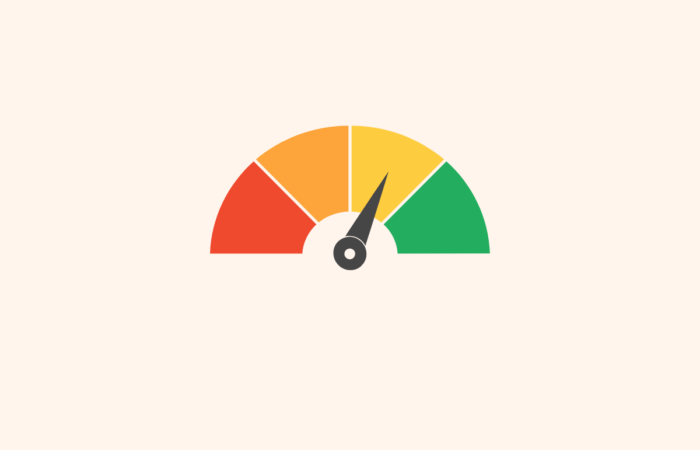
Term: Data Governance
Data governance is a holistic approach to overseeing an organization’s information assets from creation to deletion.
What is Data Governance
Data governance framework includes guidelines, methodologies, regulations, and technologies designed to optimize data utilization while preserving its integrity, protection, and regulatory adherence.
Key Components of Data Governance
Definition and Scope
Data governance is defined as a system of decision rights and accountabilities for information-related processes, executed according to agreed-upon models1. It covers the availability, usability, integrity, and security of data in enterprise systems5.
Goals and Benefits
The primary goals of data governance include:
- Enabling data-driven decision-making
- Breaking down data silos
- Ensuring proper data usage
- Maintaining data quality and consistency
- Enhancing security and privacy
- Supporting compliance with regulations
Key Elements of Data Governance
Data Cataloging
A data catalog provides a centralized metadata inventory for the organization’s data assets, improving data discovery, understanding, and access.
Data Classification
Classification involves organizing and categorizing data based on its sensitivity, value, and criticality to apply appropriate security measures and policies.
Data Quality Management
Data governance promotes data quality by implementing standards and processes to ensure accuracy, consistency, and trustworthiness of data.


